Uncategorized
-
 Astronomy
AstronomyA rare glimpse at a relatively nearby supernova offers clues to how stars die
Thanks to its home in the Pinwheel galaxy, a favorite of amateur astronomers, researchers have monitored SN 2023ixf since shortly after it exploded.
By Elise Cutts -
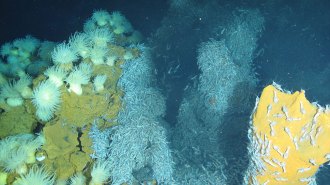 Animals
AnimalsHow sea anemones living on deep-sea hydrothermal vents avoid metal poisoning
The anemone Alvinactis idsseensis dominates its toxic environment thanks to an unusual number of genes geared toward protecting cells from heavy metals.
-
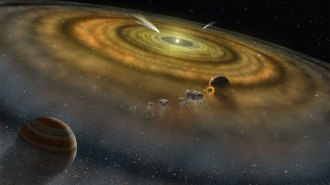 Planetary Science
Planetary ScienceGiant planet ‘destabilization’ may have coincided with the birth of Earth’s moon
New meteorite data suggest the orbits of the giant planets abruptly changed about 60 million to 100 million years after the solar system started forming.
By Bas den Hond -
 Genetics
GeneticsMost of today’s gene therapies rely on viruses — and that’s a problem
The next big strides in gene therapy for rare diseases may come from CRISPR and new approaches to delivery.
-
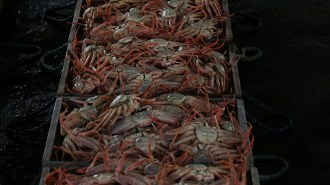 Life
Life10 billion snow crabs have disappeared off the Alaskan coast. Here’s why
In the eastern Bering Sea, the snow crab population plummeted after a marine heat wave in 2018. The crabs may have starved, a new study finds.
By Jude Coleman -
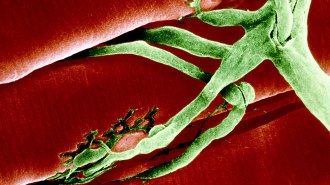 Health & Medicine
Health & MedicineBlocking an aging-related enzyme may restore muscle strength
Treating old mice with a drug that inhibits a “gerozyme” restored muscle strength, which can diminish with aging.
-
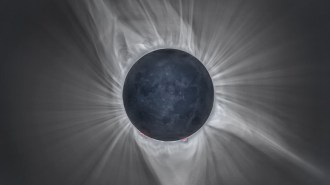 Space
SpaceHere’s how citizen scientists can help during the 2024 solar eclipse
The sun will be near the peak of its activity cycle during the eclipse on April 8, 2024, making it a great time to crowdsource solar research.
-
 Physics
PhysicsTiny accelerators get electrons up to speed using lasers
In a first, chip-scale accelerators revved up electrons while also confining them into a beam.
-
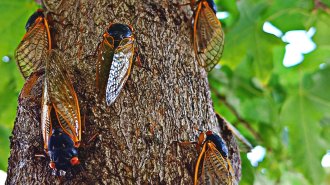 Animals
AnimalsScientists debunked a long-standing cicada myth by analyzing their guts
The lack of obvious chewing mouthparts may have made casual observers think that adult cicadas don’t need to feed. But that’s not the case.
-
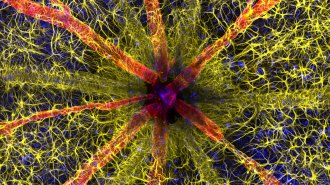 Life
LifeThe inside of a rat’s eye won the 2023 Nikon Small World photo contest
The annual competition puts the spotlight on science and nature in all its smallest glory.
-
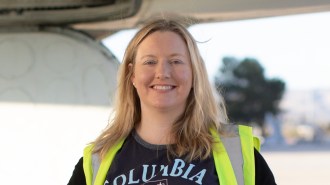 Climate
ClimateRóisín Commane sleuths out greenhouse gas leaks to fight climate change
From New York City to the Arctic, atmospheric chemist Róisín Commane tries to account for the greenhouse gases in the air.
By Jennifer Lu -
 Math
Math‘Is Math Real?’ asks simple questions to explore math’s deepest truths
In her latest book, mathematician Eugenia Cheng invites readers to see math as more than just right or wrong answers.
By Evelyn Lamb